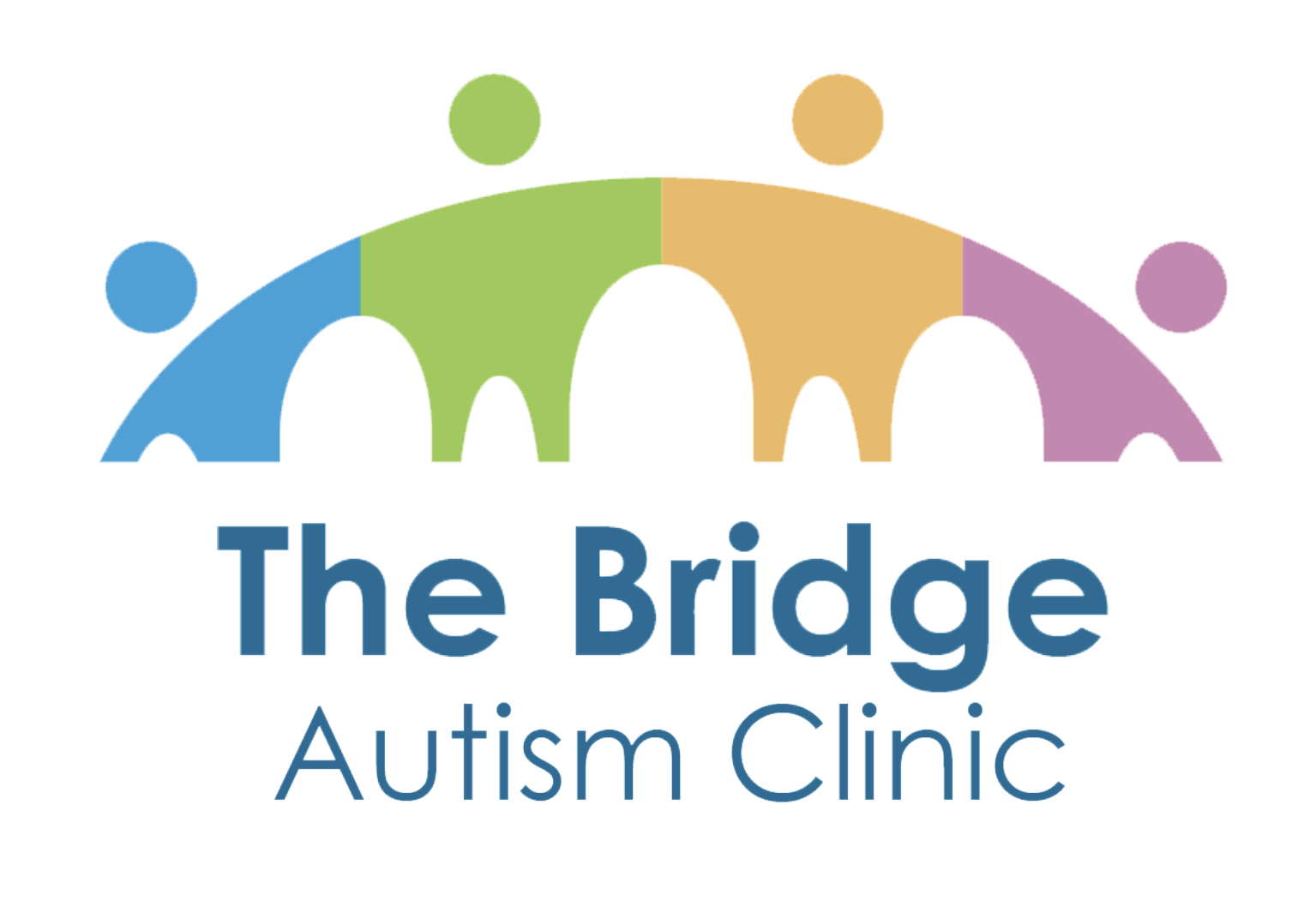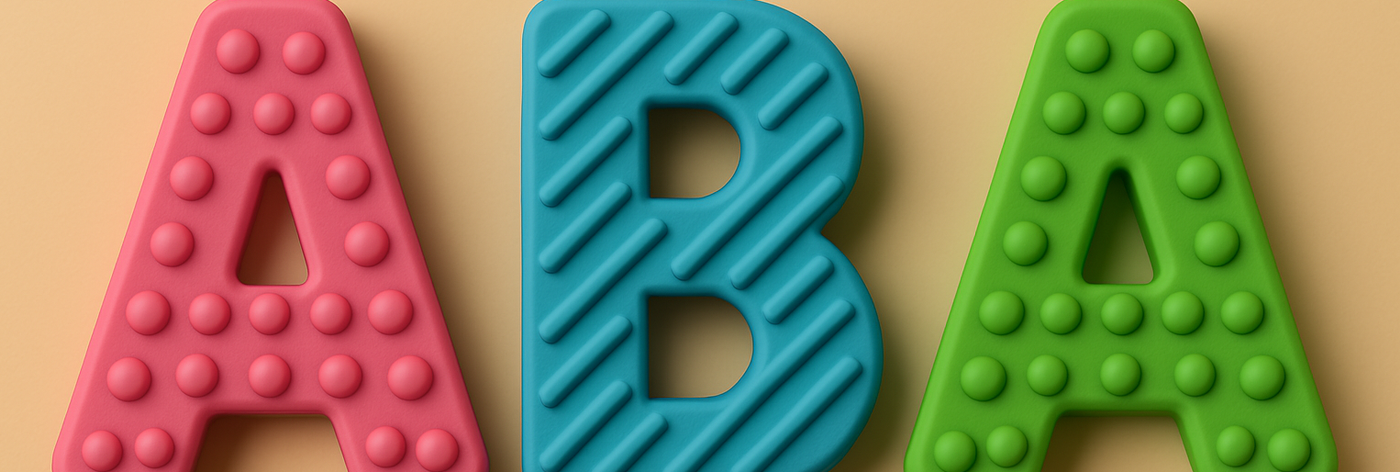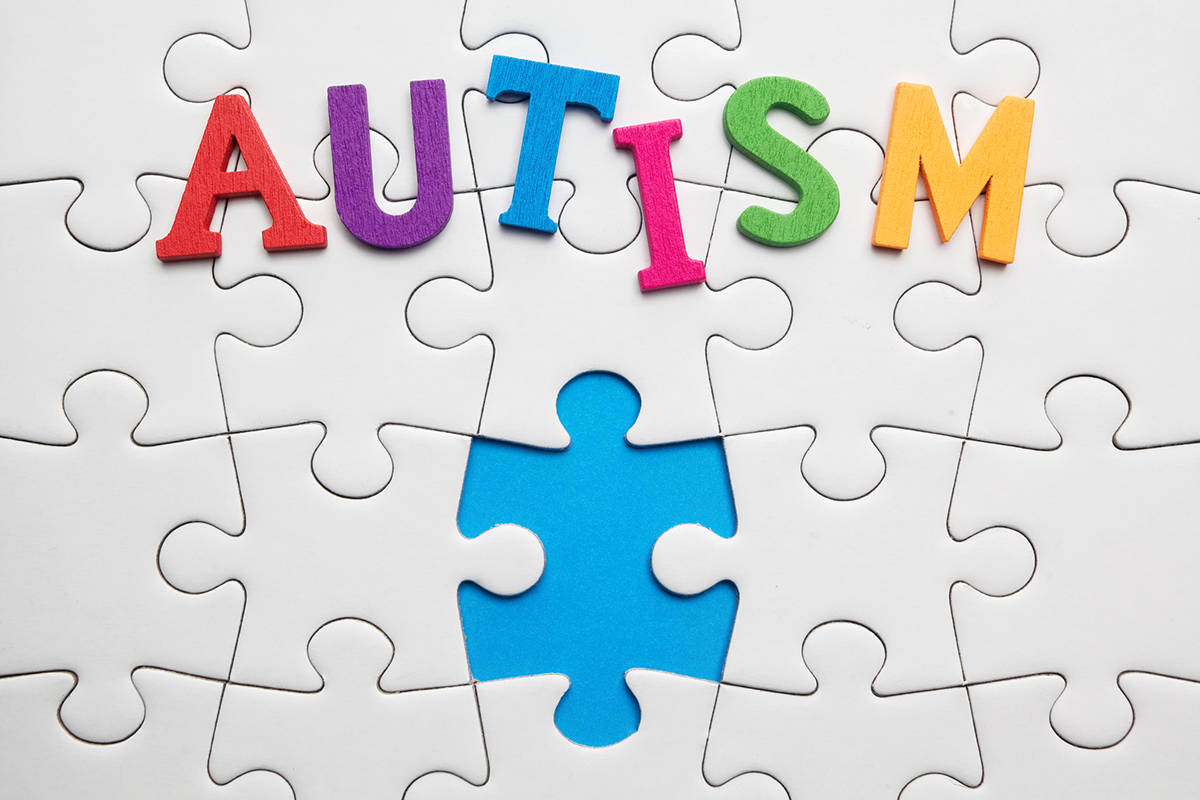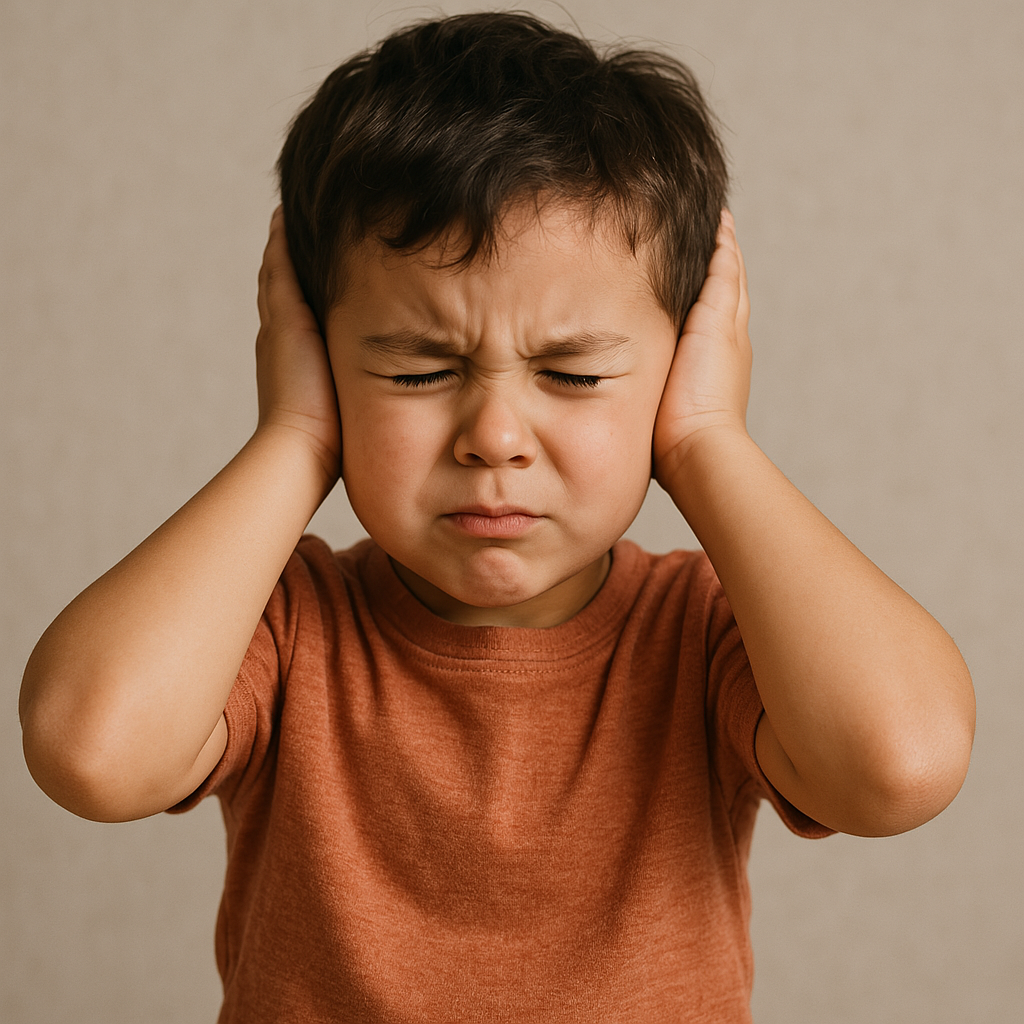

Signs of Autism Spectrum Disorder
What is Autism Spectrum Disorder?

Autism Spectrum Disorder, or ASD, is a developmental condition that affects how a person communicates, interacts with others, and experiences the world. It’s called a 'spectrum' because it affects individuals differently—some may need a lot of support, while others may live quite independently."
It is important to understand ASD is NOT a disease!! And it's not something that can be 'caught' or 'cured'. It's a lifelong difference in how the brain works. People with autism often think and feel in unique ways. Starting as young 18 months old.
What to do next if you suspect your child has ASD?

Contact us today and schedule an assessment, or get a referral from your primary pediatric physician. It's never too late to get the answers you need!
We would be happy to answer any questions you may have. Our clinical team is waiting to hear from you. To inquire, click below.